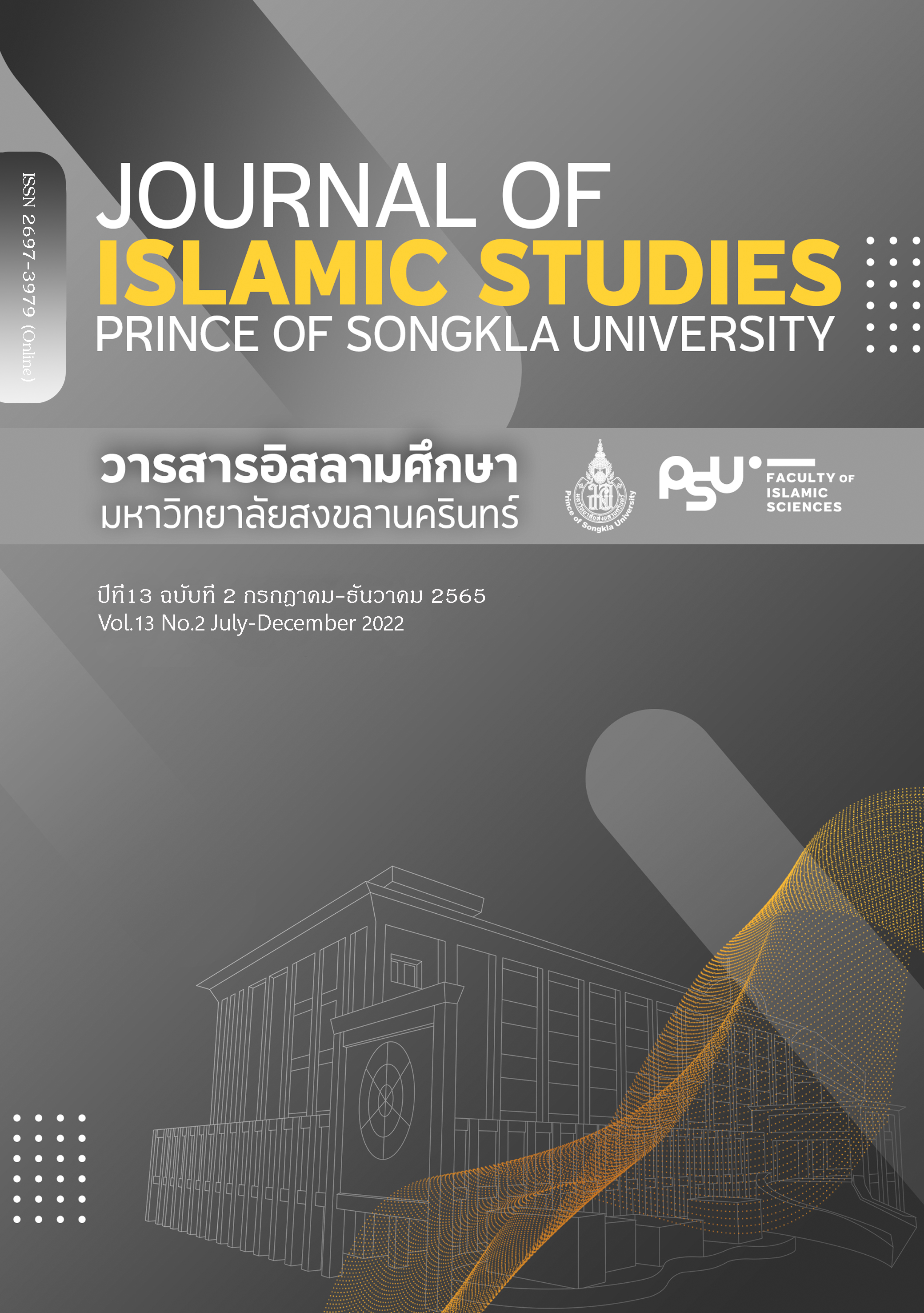Patterns of Health Promotion System Development in a Multicultural Context in The 5 Southern Border Provinces of Thailand
Keywords:
Health promotion, Southern Border Provinces, Multicultural societyAbstract
Objectives: This study aimed at examining and developing the procedures of public health policy to promote health in the 5 southern border provinces of Thailand where people live in a multicultural context.
Methodology: This study was a research and development (R&D) project, carried out in accordance with Deming’s PDCA framework. The first phase involved review, analysis of the occurring problems, and planning for possible solutions (Plan). Then, the action was taken to solve the problem as it was planned (Do), participated by the community members and the stakeholders. In the meantime, the participants gave feedback on the method for possible improvement of the method as well as the stages of working (Check). Finally, more appropriate conduct was carried out (Act). The health promotion that is related and corresponds to the Ottawa charter was implemented using a multi-methodological method, consisting of Documentary Research, Participatory Action Research, and Synthesis in order to develop the pattern to drive the public health promotion policy in the multicultural context in the 5 southern provinces of Thailand.
Research Findings: There were two main findings of this study. Needs and problems in health services and health promotion, as well as the management of public health systems, were based on or related to the belief and faith of the community members and community participation in solving health problems. Services offered were customer-centered, based on the acceptance of cultural differences and an emphasis on compliance with the local ways of life and religious belief through the arrangement of activities and health service systems. 2. Patterns of the development of public health service in the 5 southern border provinces were identified. Facilitation was offered to the healthcare recipients while receiving the services. Moreover, the consultation service in health care centers was carried out relying on the contexts of the communities and the advice of the local religious leaders.
Contribution: Based on the results, suggestions can be made for the development of public health services for health promotion in the 5 southern border provinces where multiculturalism exists.
References
Boonchieng, W., Pornchai, O., Aungwattana, S., Tuanrat, W., & Tamdee, D. (2020). Lesson learned public health policy driven to achieve concrete result in participatory in subdistrict Level, Northern Thailand Area: A case study lessons at Khun Yuam District, Mae Hong Son Province. Journal of Community development and life quality, 8(1), 56-67. https://so02.tci-thaijo.org/index.php/JCDLQ/article/view/174950
Health Systems Research Institute. (1998). The public health policy. Design Co. Ltd.
Jindawattana, A. (2004). The development of participatory public health policy. Pimdee Co. Ltd.
Jindawattana, A. (2013). The development of participatory public health policy: The new way of creating and promoting health. Pimdee Co. Ltd.
Leksansern, P. & Suwan, P. (2017). Development of a driving model to create healthy public policy of Chon Buri Provincial Health Assembly. Veridian E-Journal Silpakorn University (Humanities, Social Sciences, and Arts), 10(3), 2205-2220. https://he02.tci-thaijo.org/index.php/Veridian-E-Journal/article/view/110272
Puti, S. (2018). Relationship between health beliefs and accessibility to health services for non-communicable diseases among the five southern border provinces, Thailand. Songklanagarind Journal of Nursing, 38(4), 114-127. https://he02.tci-thaijo.org/index.php/nur-psu/article/view/163920
Srisuphan, W., Senarat, W. & Nuntaboot, K. (Eds.) (2015). Seven nursing learning kits for health promotion: Driving the professional nurse for health promotion project. Mata Printing Co. Ltd.
Teerawattananon, Y., Tantivess, S., & Youngkong, S., (2013). Assessment of the public health policy development under the operation of the National Health Commission from 2007-2011. National Health Commission Office, Health Intervention and Technology Assessment Program.
Downloads
Published
How to Cite
Issue
Section
License
Copyright (c) 2022 Journal of Islamic Studies, Prince of Songkla University

This work is licensed under a Creative Commons Attribution 4.0 International License.
All articles Published in The Journal of Islamic Studies are author’s opinions, and not the responsibility of the Faculty of Islamic Sciences nor the editorial board. However any citation should be referred to the journal.
















